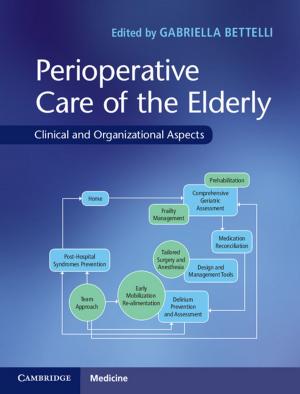Writing Metamorphosis in the English Renaissance
1550–1700
Fiction & Literature, Literary Theory & Criticism, British, Nonfiction, Social & Cultural Studies, Social Science| Author: | Susan Wiseman | ISBN: | 9781107720978 |
| Publisher: | Cambridge University Press | Publication: | April 24, 2014 |
| Imprint: | Cambridge University Press | Language: | English |
| Author: | Susan Wiseman |
| ISBN: | 9781107720978 |
| Publisher: | Cambridge University Press |
| Publication: | April 24, 2014 |
| Imprint: | Cambridge University Press |
| Language: | English |
Taking Ovid's Metamorphoses as its starting point, this book analyses fantastic creatures including werewolves, bear-children and dragons in English literature from the Reformation to the late seventeenth century. Susan Wiseman tracks the idea of transformation through classical, literary, sacred, physiological, folkloric and ethnographic texts. Under modern disciplinary protocols these areas of writing are kept apart, but this study shows that in the Renaissance they were woven together by shared resources, frames of knowledge and readers. Drawing on a rich collection of critical and historical studies and key philosophical texts including Descartes' Meditations, Wiseman outlines the importance of metamorphosis as a significant literary mode. Her examples range from canonical literature, including Shakespeare's A Midsummer Night's Dream and The Tempest, to Thomas Browne on dragons, together with popular material, arguing that the seventeenth century is marked by concentration on the potential of the human, and the world, to change or be changed.
Taking Ovid's Metamorphoses as its starting point, this book analyses fantastic creatures including werewolves, bear-children and dragons in English literature from the Reformation to the late seventeenth century. Susan Wiseman tracks the idea of transformation through classical, literary, sacred, physiological, folkloric and ethnographic texts. Under modern disciplinary protocols these areas of writing are kept apart, but this study shows that in the Renaissance they were woven together by shared resources, frames of knowledge and readers. Drawing on a rich collection of critical and historical studies and key philosophical texts including Descartes' Meditations, Wiseman outlines the importance of metamorphosis as a significant literary mode. Her examples range from canonical literature, including Shakespeare's A Midsummer Night's Dream and The Tempest, to Thomas Browne on dragons, together with popular material, arguing that the seventeenth century is marked by concentration on the potential of the human, and the world, to change or be changed.















